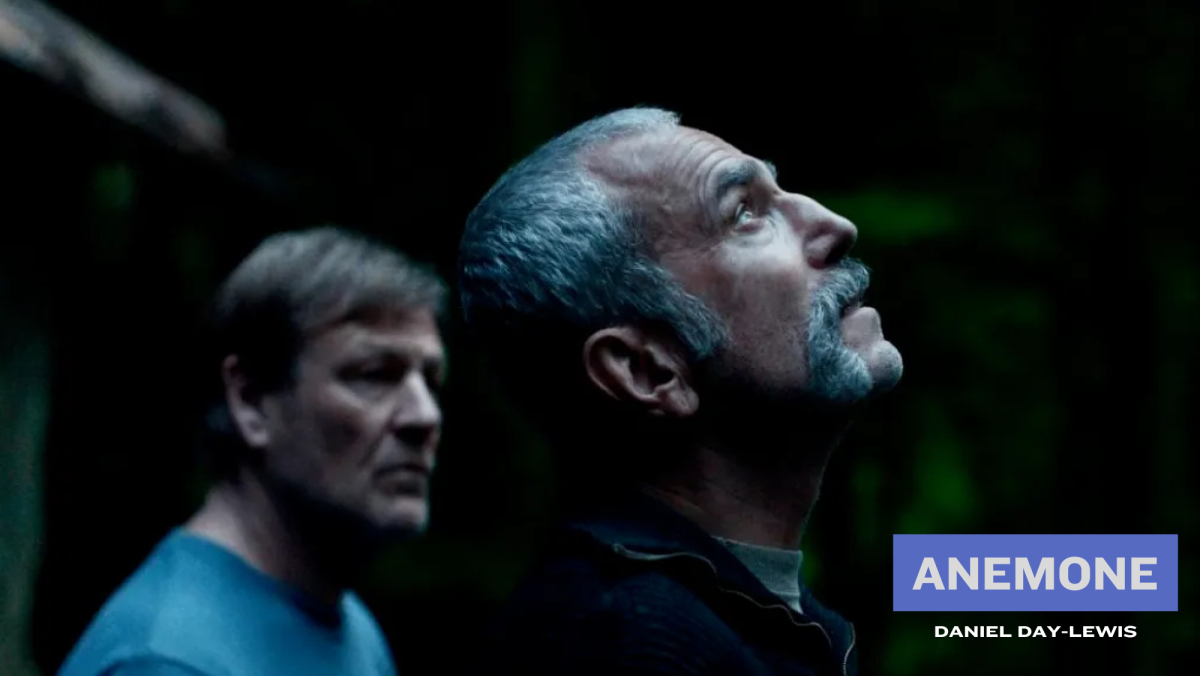The evocative and disturbing thriller television series “You” has kept viewers on the edge of their seats since its release on Netflix in December by showing that obsession does not always equal love.
“You” is based on the novel of the same title by Caroline Kepnes. The show follows New York bookstore manager Joe Goldberg as he falls in love and later becomes obsessed with a young woman named Guinevere ‘Beck’ Beck, a customer and aspiring writer. As Joe falls deeper in love, his stalkerish tendencies intensify, eventually driving him to commit murder.
The unsettling series, produced by Greg Berlanti, mirrors movies like “American Psycho” and “Gone Girl” with its twisted love story as Joe becomes entwined with Beck and will do anything to please her, even if that means taking extreme measures.
Joe’s inner monologues are a key part of the story and are one of the most frightening parts about “You.” They take away the mystery behind Joe’s actions as he thoroughly explains his choices. For example, he steals Beck’s phone and tells the audience that he does this so he can learn more about her private life through her text messages and personal photos.
In a way, his inner monologues damper the threat of him, making him more personable and likable as a character. If he appears to be rational as he makes decisions then this leaves the viewers to decide if he is a sadistic person or someone who wants the best for Beck.
If Joe’s inner monologue was not included, there would be loads of awkward silences between him and Beck as he methodically thinks his actions through, and with that in mind, it makes the show even more eerie. There was never a point where the voice overs felt like too much.
It seems wrong, but there are scenes in the beginning when it feels easy to sympathize with Joe and his brutal upbringing. He might have a dark side, but all of his actions were out of love for Beck. When people such as Peach, Beck’s best friend, became an obstacle in Joe and Beck’s relationship, Joe simply eliminated her from the equation.
It was not until the last few episodes that one’s hatred for Joe really boiled. Joe started out seemingly innocent, appearing as the guy that every girl wants, despite his many secrets such as the glass chamber in the bookstore basement where he trapped his victims. But once he started to harm Beck after she discovers the real him, was the turning point that felt angering and betraying.
During the series, the viewers get to learn a lot about Joe, but Beck also becomes a vibrant character. Beck’s point of view is shown in the series with voiceovers of her perspective, balancing out both of the narratives.
The twists throughout this series really pushes the story further until it becomes almost unbearable and the lines between love and obsession are blurred. If this series did not make viewers uncomfortable, then they were not fully watching it.
The performances by Penn Badgley (Joe) who is known for his character Dan Humphrey on the television show “Gossip Girl” and Elizabeth Lail (Beck) from television show “Once Upon a Time,” are phenomenal. Badgley and Lail showcase their acting skills when they both push the boundaries of their characters. The more we learn about Joe and Beck, the more unsettling the thriller becomes.
The 10-episode series lacked viewers when it first premiered on Lifetime in September and earned low ratings, but after it began streaming on Netflix, social media lit up in response to this unique storyline.
There is exciting news for all the fans that became obsessed with the first season. Although no official release date has been set, Netflix recently announced that it will be coming back for a second season, picking up on the cliffhanger where the last episode left off.














